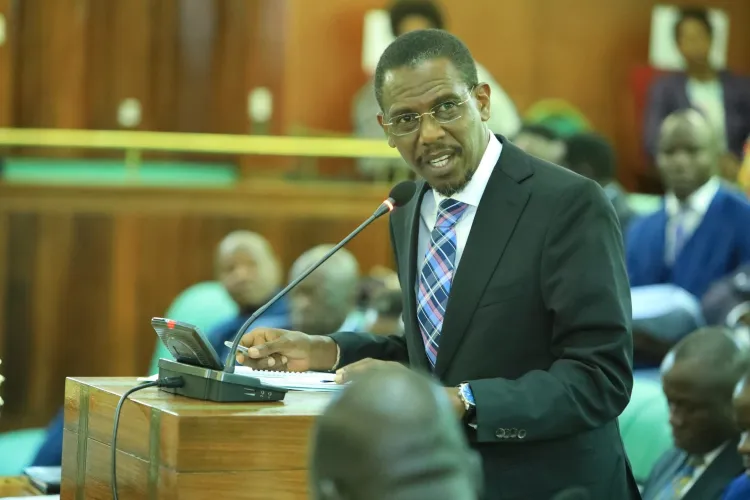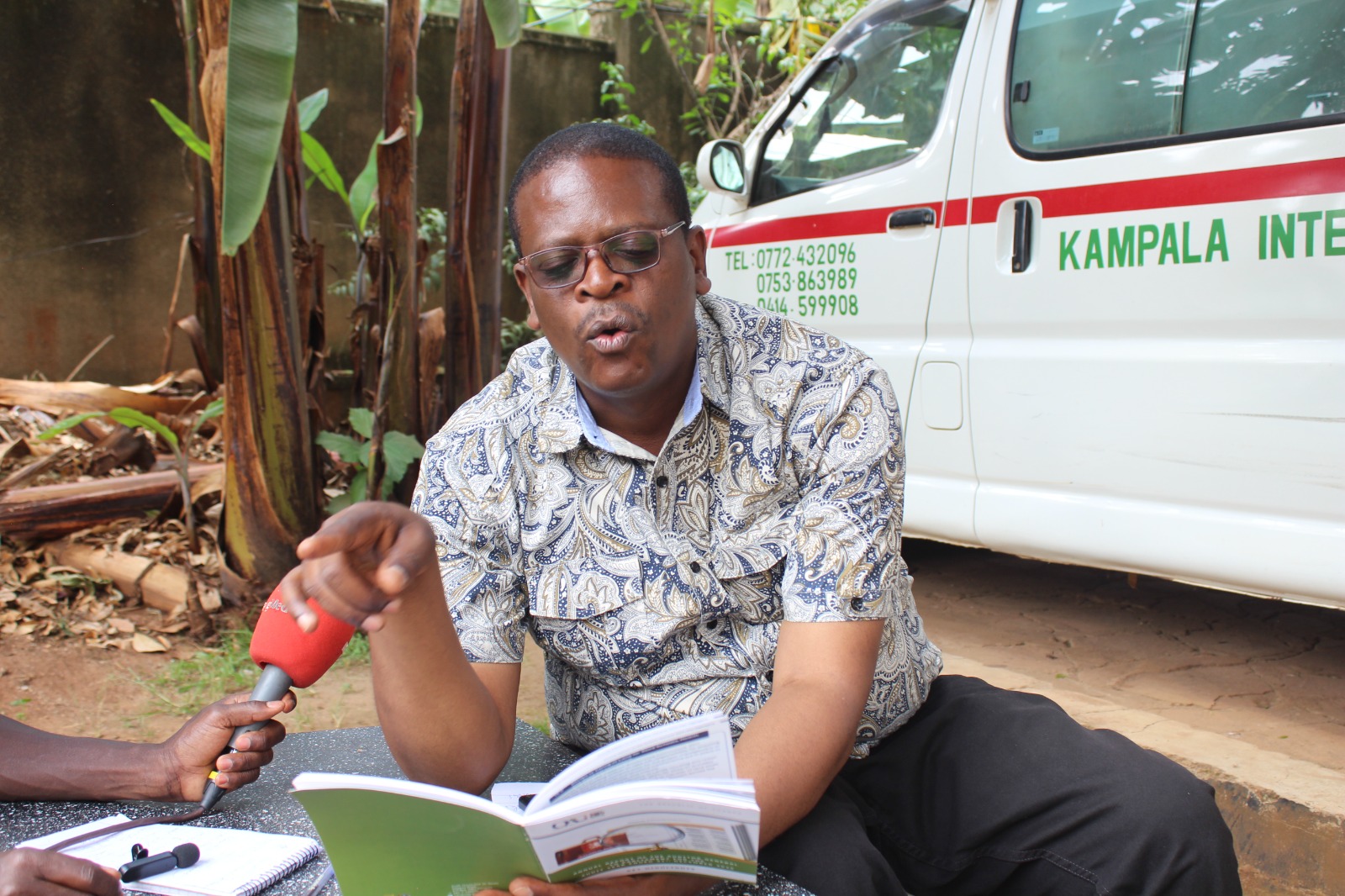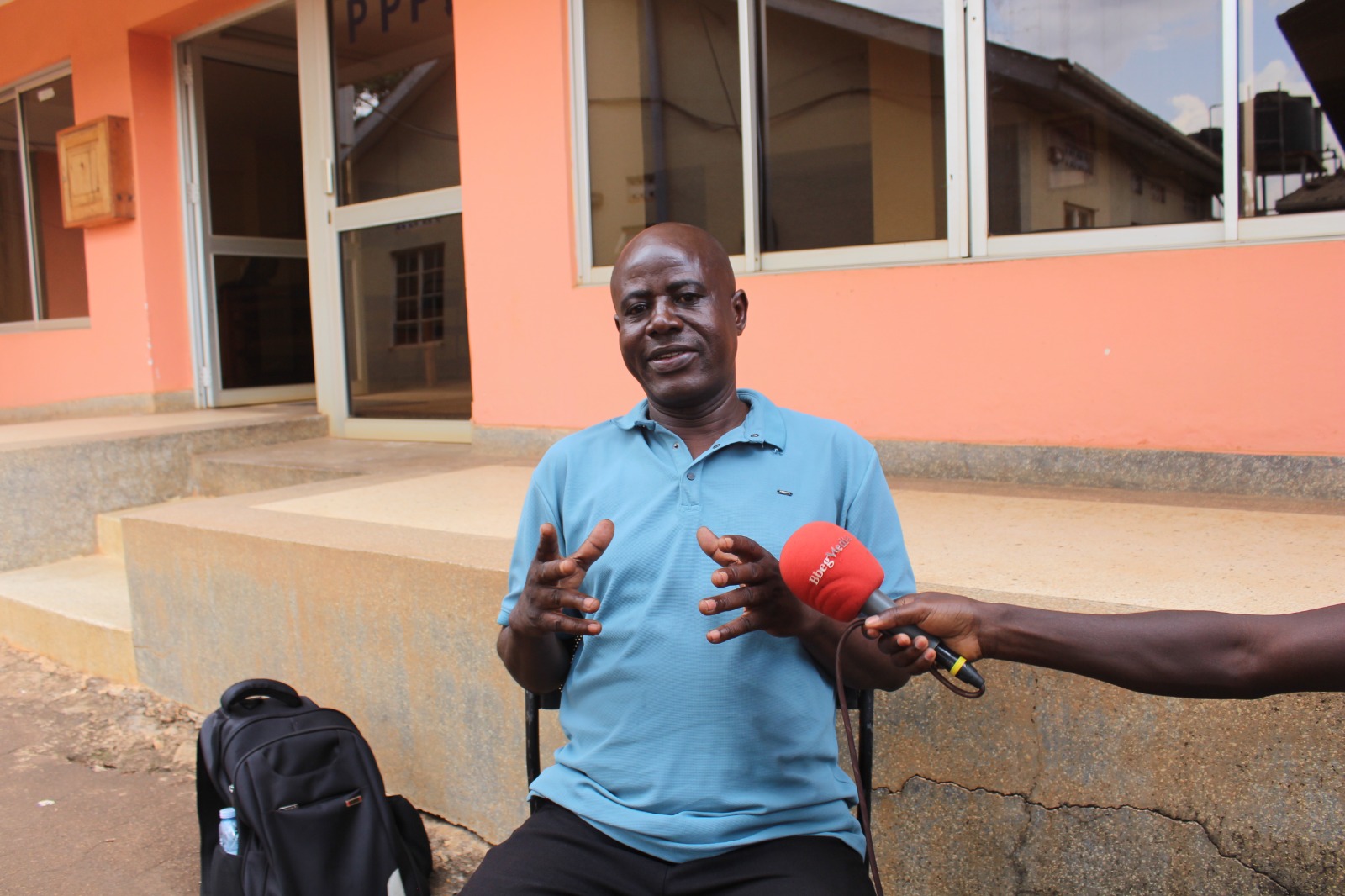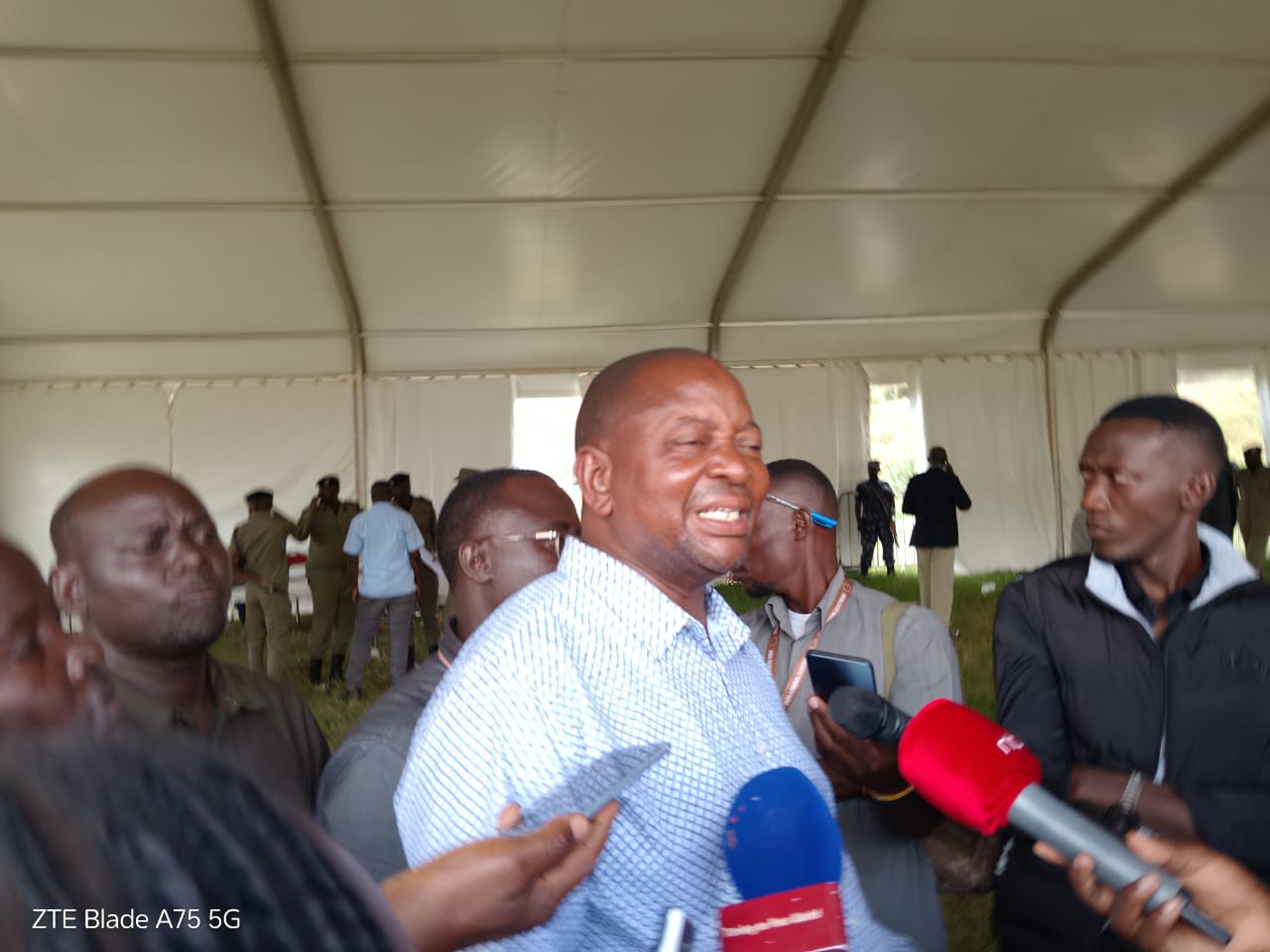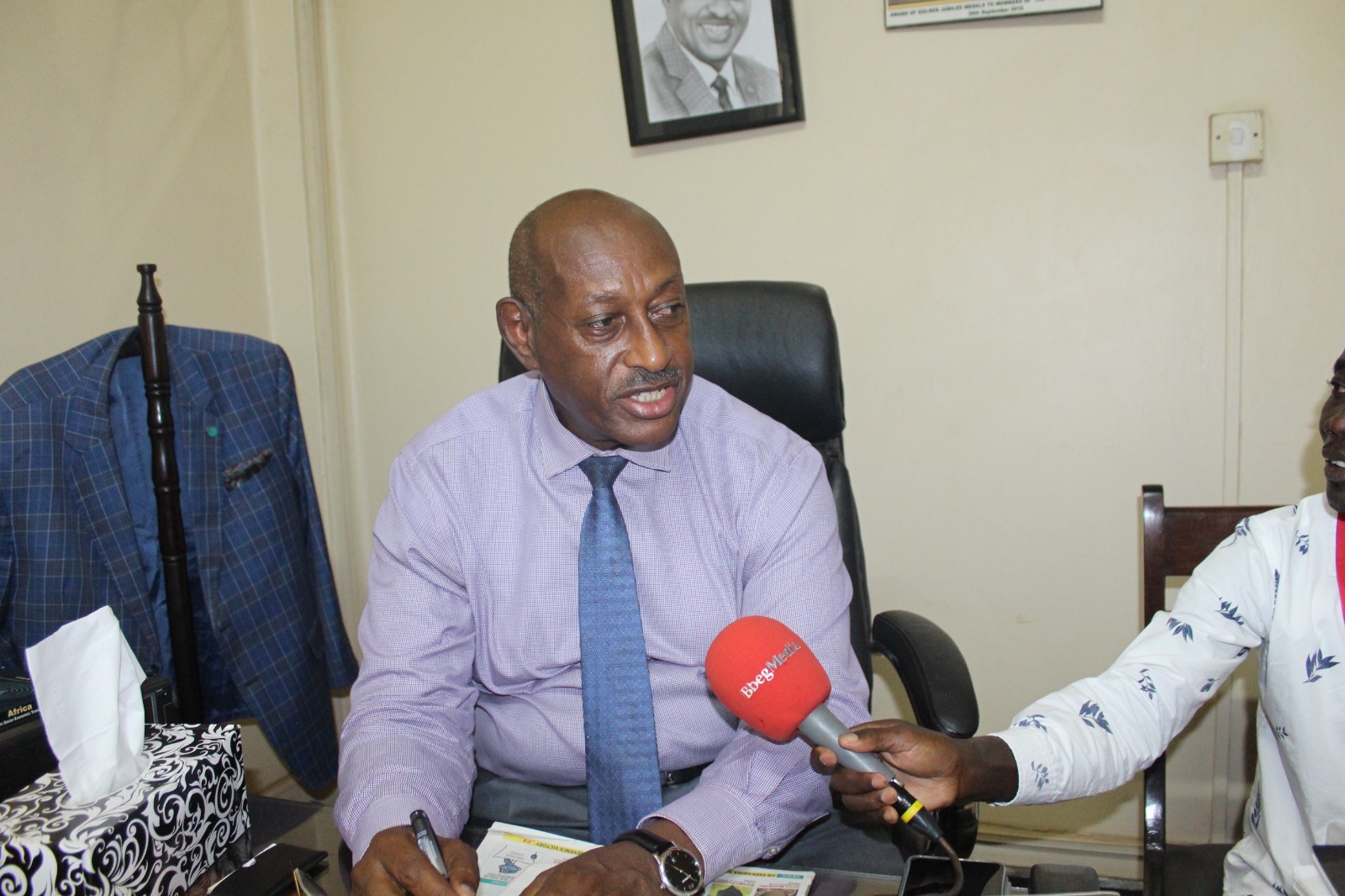When Gen Kahinda Otafiire, the minister of Internal Affairs, ranted about the growing cases of injustice and the need to stop them at the inaugural Sam Kalega Njuba Memorial Lecture, many people read different things.
Predictably, most people praised Otafiire on social media for his boldness and willingness to say things that many senior NRM figures, let alone a minister, can only whisper. “We should celebrate people like Otafiire who have the guts to speak out!” wrote Ester Riyathu, on X.
For others, including myself, Otafiire’s cries directed at the Attorney General Kiryowa Kiwanuka were a plea wrapped in frustration.
It was a call for due process from a man who once commanded troops in the bush war that brought Museveni to power, but who now appeared powerless.
When Kiwanuka stood up to speak, he did not dwell on the substance of Otafiire’s remarks. Instead, he called them “very strange statements”.
For many, this signalled a shift: Otafiire, the celebrated soldier, once a feared enforcer, now seemed to plead, while the suited lawyer, Kiwanuka, held the reins.
This moment, observers say, captured Kiwanuka’s quiet rise: From a behind-the-scenes legal fixer to a kingmaker in Uganda’s corridors of power.
At 52, Kiwanuka is not a household name like Otafiire. He does not thump podiums or lead rallies. Yet, in the last four years as attorney general, he has woven himself into the fabric of the judiciary and the ruling National Resistance Movement (NRM).
There is talk from credible sources that when Chief Justice Alfonse Owiny-Dollo retires on in January 2026 after clocking 70, Kiwanuka could step into the top judicial role.
If true, it would crown his influence over a judiciary he has helped reshape. But how did Kiwanuka become such a pivotal broker? And what does his potential ascent mean for our justice system?
Kiwanuka was born with a silver spoon in his mouth. His grandfather, the wealthy Jolly Joe Kiwanuka, founded Express Football Club in 1957. He attended the prestigious King’s College Budo, then Makerere College School, before enrolling at Makerere University for a Law Degree. He later earned a master’s in Petroleum Law and Policy from the University of Dundee in Scotland, sharpening his skills for a career in high-stakes deals.
By 2001, at just 29, Kiwanuka co-founded his law firm with Edwin Karugire, son-in-law to President Museveni. The firm quickly became a powerhouse, representing state bodies and international firms that were seeking to do business in Uganda.
Yet beneath the courtroom battles, Kiwanuka was quietly aligning with the NRM’s inner circle.
His big break came in the turbulent 2010s, as Museveni’s regime faced legal challenges from opposition figures. Kiwanuka emerged as the president’s “fixer”. He was a discreet operative who defended the state without the glare of politics.
In 2013, he led the charge to impeach Kampala Lord Mayor Erias Lukwago on abuse-of-office charges before a tribunal headed by Justice Catherine Bamugemereire. Although the High Court later blocked it, the move was seen as Museveni’s bid to clip the wings of a vocal critic.
The next year, Kiwanuka fronted the NRM in a Constitutional Court battle against Amama Mbabazi’s allies, who sought to halt Museveni’s picks for party posts. He won at the lower court, cementing his role as the man who could outmanoeuvre even former insiders like Mbabazi, once Museveni’s right-hand man.
By 2016, after Mbabazi’s fallout with Museveni, Kiwanuka had filled the void. He defended the president in the Supreme Court election petition filed by Mbabazi, stepping in to grill witnesses on voting irregularities.
“He moved from the backbench to the front row,” said one political observer. Some say Kiwanuka’s aunt, Amelia Kyambadde, Museveni’s former powerful Principal Private Secretary, opened doors for him.
Through her, Kiwanuka gained direct access to the ear of the president. Later, his influence started to grow, and he joined boards like the Uganda Petroleum Authority in 2015 and the Makerere University Council.
This fixer role extended to the judiciary. Multiple sources have claimed that aspiring judges must win his nod before reaching Museveni’s desk. “Many judges confer with him before big decisions,” a senior lawyer in Kampala told Bbeg Media, speaking anonymously, of course.
Under his watch as AG since June 2021, the judiciary has seen a quiet reorientation. Critics say it has become “NRM-ised”, albeit gradually.
His appointment as attorney general came after the 2021 election, when he replaced William Byaruhanga, the golf-loving, reclusive but business-minded lawyer. In a short time, Kiwanuka has reshaped the office, making it very powerful and influential.
Yet, some say, it is in the NRM’s political trenches where Kiwanuka’s brokerage shines brightest.
Buganda, the region that birthed Museveni’s bush war 44 years ago, is not in the good books of the NRM. In the 2021 elections, NRM won just 32 of 105 parliamentary seats in Buganda, a stinging rebuke. Ahead of the 2026 election, Kiwanuka has been at the forefront of trying to ensure that the NRM reclaims Buganda.
Last month, he joined a meeting at Hotel Africana, convened by new NRM Buganda vice chairman Haruna Kasolo. Over 200 party flag-bearers and defeated hopefuls attended the meeting. As Kiwanuka and Kasolo listened, some losers vowed to “teach NRM a lesson” by going independent, a scenario that would disadvantage the party in the coming elections.
Kiwanuka stepped in. With authority.
Standing tall in his suit, he invoked Museveni’s name. “Kasolo is the commander for Buganda. Follow him,” he urged. To the rebels, he said, “The President will reward you”. Kiwanuka offered to arrange a personal thank-you from Museveni.
“We control the resources,” he boasted. By the end of the meeting, over 50% of potential independents signed pledges to back the winners. Kiwanuka had delivered.
Potential chief justice?
Kiwanuka’s political clout has fueled speculation about the chief justice post. The Judicial Service Commission (JSC) recently announced that the deadline for applications for the post is October 29, 2025. It said candidates need 20 years as a judge or advocate. Kiwanuka meets this qualification.
Front runners include Deputy Chief Justice Flavian Zeija, Supreme Court justices Mike Chibita and Catherine Bamugemereire, and Christopher Madrama. But Kiwanuka, sources say, could be the dark horse.
First, his vast legal experience means he knows the judiciary’s pulse. Second, his influence as attorney general is unprecedented in recent times. Third, Museveni may need a chief justice who aligns with his vision – efficient, pro-NRM, and stable. Kiwanuka fits the bill.
If Kiwanuka is appointed chief justice next year, some say he would be the “cherry on top” of the new-looking judiciary. Kiwanuka has already reshaped the bench. Insiders say more judges consult him on thorny cases.
In a country of booming power plays, Kiwanuka’s ascent has been like silent storm. It creeps on you without notice. Otafiire’s desperate push on Besigye at the ULS event revealed who really holds the reins: Kiwanuka. And he could amass more power.



